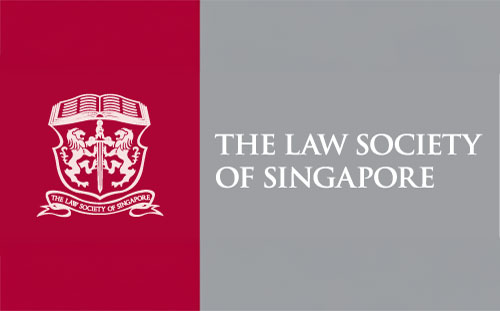Understanding Spousal and Children’s Maintenance in Singapore
Divorce is a difficult journey, and among the most challenging issues to resolve are the financial arrangements for both spouses and children. In Singapore, the law provides a clear framework for maintenance to ensure that both parties can move forward with financial stability.
Whether you’re a spouse seeking support or a parent providing it, understanding the legal principles is crucial. Here’s a clear guide to spousal and children’s maintenance under Singapore law.
The Legal Basis: The Women’s Charter
The primary law governing maintenance in Singapore is the Women’s Charter. This comprehensive piece of legislation sets out the duties and rights of both husbands and wives, as well as parents and children.
Under the law, a person’s duty to maintain a child is a fundamental legal obligation. Spousal maintenance, while a significant part of the law, is treated differently and is not automatically granted.
Children’s Maintenance: The Court’s Priority
In any divorce or separation, the court’s paramount consideration is the welfare of the child. The law is designed to ensure that the children’s financial needs are met, regardless of the marital breakdown.
The court will consider several factors when determining the amount and type of children’s maintenance:
- The Child’s Needs: This includes daily expenses, education fees (tuition, enrichment classes, school trips), healthcare, and any special needs.
- Standard of Living: The court aims to ensure the child’s standard of living does not suffer due to the divorce.
- The Financial Capacity of Both Parents: The court assesses the income, earning capacity, and financial resources of both parents to determine a fair share of contribution.
Children’s maintenance is typically ordered for children under 21 years of age but can be extended if the child is still in school or has a disability.
Spousal Maintenance: A Discretionary Matter
Unlike children’s maintenance, spousal maintenance is not an automatic right. A spouse must prove they are in need of financial support and that the other party is capable of providing it.
The court considers a wide range of factors when deciding whether to grant spousal maintenance and how much should be paid:
- Financial Needs and Obligations: The court looks at the financial needs of the claiming spouse and the financial obligations of the paying spouse.
- Earning Capacity: The age, physical health, and professional qualifications of both spouses are assessed to determine their current and future earning potential.
- Duration of the Marriage: Generally, the longer the marriage, the more likely a court is to grant spousal maintenance, especially if one spouse has sacrificed a career for the family.
- Contributions to the Family: The court considers both financial contributions (income) and non-financial contributions (homemaking, childcare, supporting the other spouse’s career).
Under the law, spousal maintenance can be claimed by a wife from her husband. A husband can claim maintenance from his wife only if he is incapacitated and unable to work due to a physical or mental disability.
How Maintenance is Ordered and Enforced
Maintenance orders can be made in two ways:
- By Agreement: Spouses can agree on the terms of maintenance in a separation agreement. The court will formalize this agreement in the divorce order.
- By Court Order: If spouses cannot agree, the court will hear arguments from both sides and issue a maintenance order.
Maintenance can be ordered as a lump sum or as a regular monthly payment. While monthly payments are more common, lump sums are often preferred to achieve a “clean break”, allowing both parties to move on without long-term financial ties.
If a party fails to comply with a court order, the receiving spouse can take legal action to enforce it, which may include obtaining a Maintenance Summons to compel payment.
Final Thoughts
Maintenance is designed to create a fair and equitable financial outcome after a divorce. The law is focused on meeting reasonable needs and ensuring a smooth transition for all parties, especially the children.
It’s important to seek legal advice to understand your specific rights and obligations. A specialist family lawyer can help you navigate the complexities of maintenance and work towards a fair resolution.
Take the Next Step with a Free Consultation
Contact us today:
Tel: +65 6854 5336
Whatapp: +65 9090 3158
Email: enquiry@pkwalaw.com


